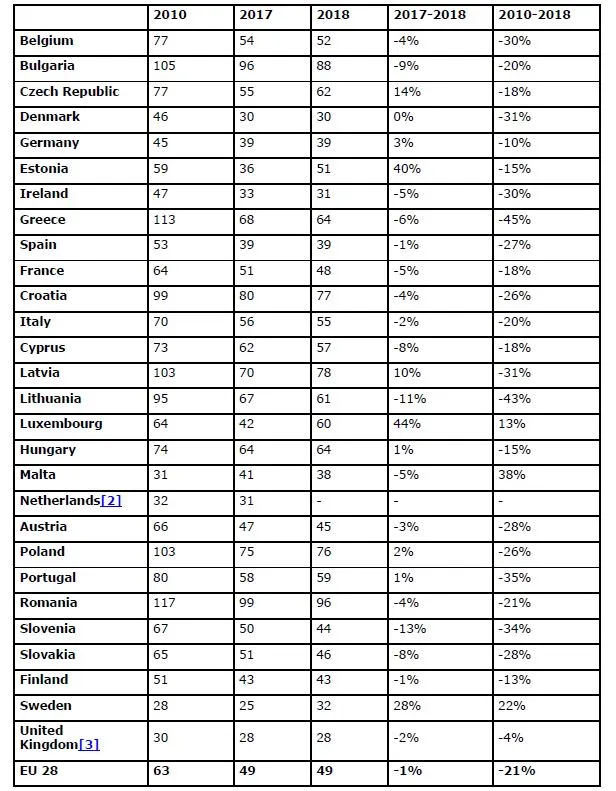Around €270 million will be for the Garwolin-to-Kurow S17 dual carriageway, another €125 million to build a stretch of the S6 dual carriageway between Goleniow and Kielp and €390 million for the S2 on the outskirts of Warsaw.
The Cohesion Fund – around € 63.4 billion - is aimed at
Around For the 2014-2020 period, the fund is aimed at trans-European transport projects in Bulgaria, Croatia, Cyprus, the Czech Republic, Estonia, Greece, Hungary, Latvia, Lithuania, Malta, Poland, Portugal, Romania, Slovakia and Slovenia.
Last June, the
Polish projects to get Cohesion Fund cash
Almost €790 million will be allocated from the Cohesion Fund for three road projects which improve the country's communication with Germany and other Western and Eastern European countries.
Around €270 million will be for the Garwolin-to-Kurow S17 dual carriageway, another €125 million to build a stretch of the S6 dual carriageway between Goleniow and Kielp and €390 million for the S2 on the outskirts of Warsaw.
March 6, 2018
Read time: 2 mins
Almost €790 million will be allocated from the Cohesion Fund for three road projects which improve the country's communication with Germany and other Western and Eastern European countries.







